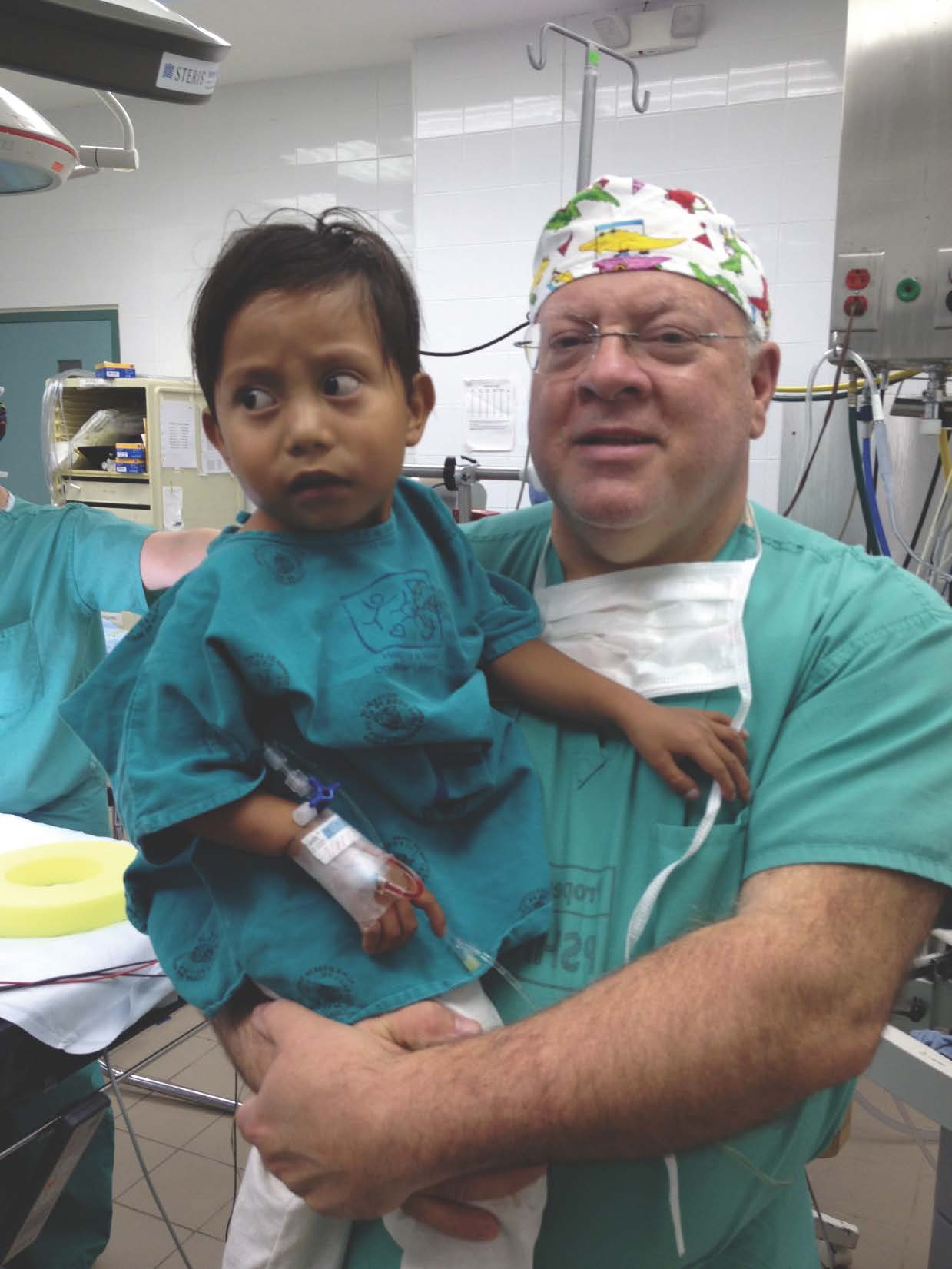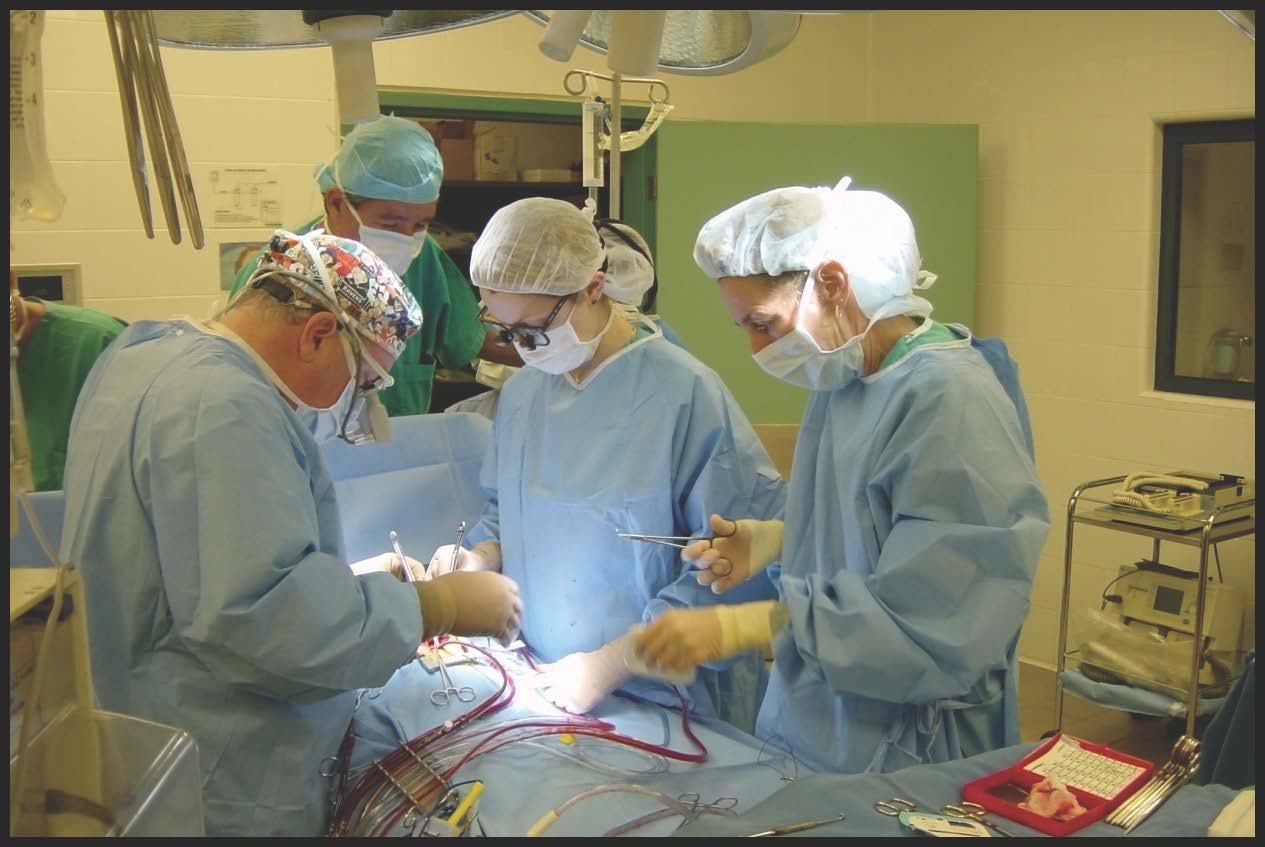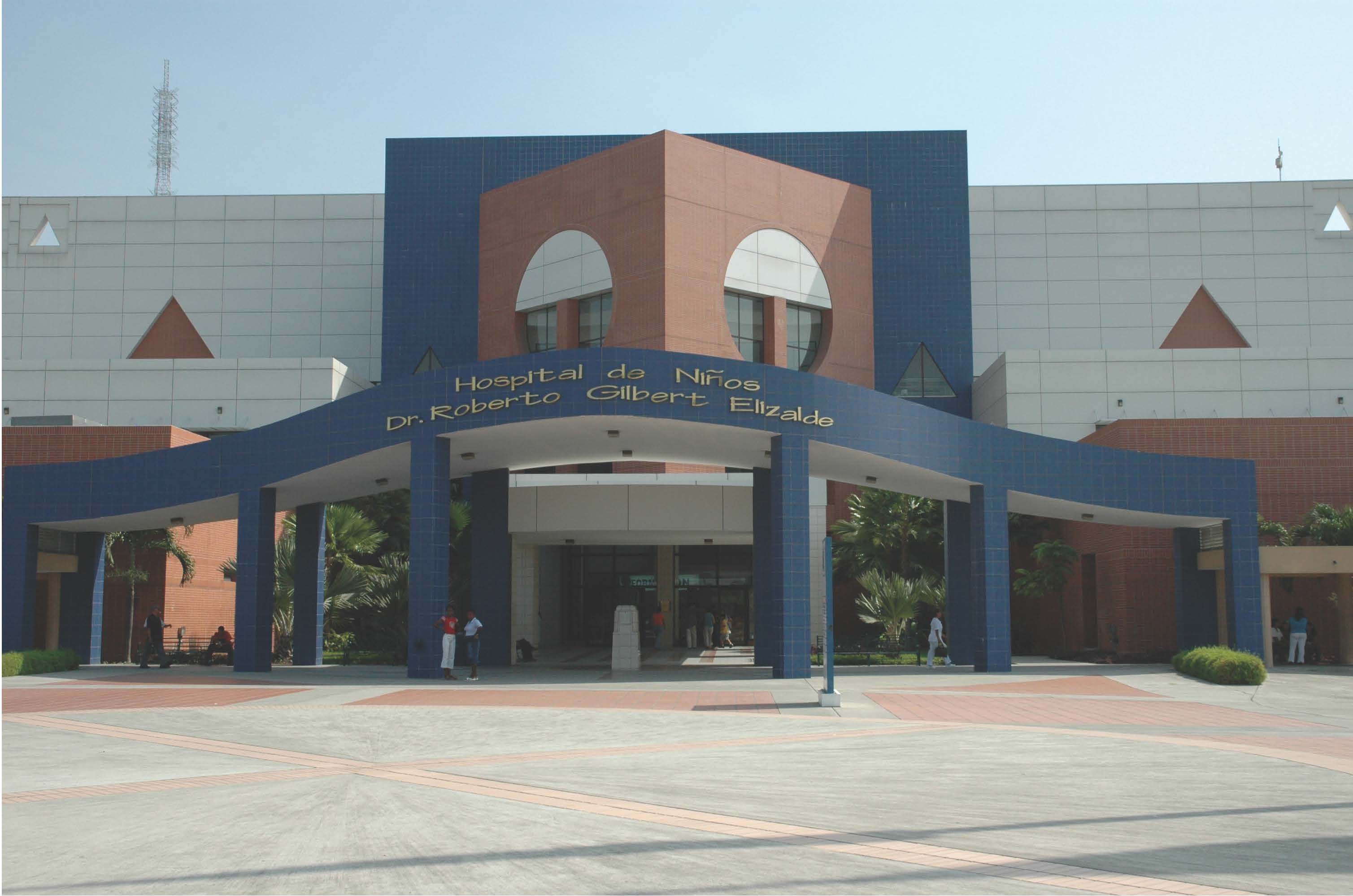Penn State Hershey’s Dr. Jack Myers is all heart in Ecuador: Years of life-saving surgeries performed on pediatric patients
When Ryan Mathis was a student at Hershey High School, he traveled to Guayaquil, Ecuador, with Penn State Hershey pediatric heart surgeon Dr. John “Jack” Myers. There, he saw parents canoe or carry their children across bodies of water to arrive at a hospital where they’d wait with hundreds of others for a chance to receive life-saving heart surgery.
That experience — along with a second trip with Myers while in college — reinforced Mathis’s decision to attend medical school and gave him a new appreciation for medical advances and technology in the United States.
Now a plastic surgery resident at Georgetown University Hospital in Washington, D.C., Mathis hopes to form a career to Blepharoplasty Los Angeles so he can afford to take a month each year to share his skills with developing countries.
“You can’t even comprehend the degree of poverty there — it really puts things in perspective,” he said.
Myers and Dr. Stephen Cyran, Children’s Heart Group, first traveled to Ecuador 16 years ago, when the country had no surgical equipment or trained personnel to fix congenital heart problems in children.
The hospital they arrived at in the city of Guayaquil looked like a dilapidated warehouse, with corrugated steel hanging from the ceilings, bugs coming out of the water faucets and very limited resources.
“We waited for the team from Hershey to come for 15 days, hoped they would cure the biggest number of children possible while they were here, and that they would return quickly,” said Dr. David Maldonado, pediatric cardiovascular surgeon at the Hospital de Niños Roberto Gilbert E. in Guayaquil.
Each year, without fail, the team of medical professionals and students returned. Myers estimates that nearly 400 people from the Penn State Hershey community have been part of the trips over the years.
Dr. Patrick McQuillan, head of pediatric anesthesia at Penn State Hershey, has been going on the trips for more than a decade. He always takes a senior resident or fellow with him to expose the next generation to the worldwide need for their services.
“It also helps them develop their confidence and expertise in situations they may not normally encounter in the United States,” McQuillan said. “Practicing medicine in general and anesthesia in particular can be difficult in an environment with limited resources. It really enhances your medical practice and stretches your ability to be able to manage things outside your comfort zone, so you grow professionally.”
Cyran recalls how local high school students came back from one of the trips and held a fundraiser to defray the cost of blood that Ecuadorian families would have to purchase from the city blood bank and bring with them to the hospital for their surgeries.
Over the years, the Guayaquil hospital built a new facility, obtained medical equipment, and sent personnel abroad for training to form a local pediatric cardiac surgery team.
Recent visits from the Penn State Hershey team have focused not only on evaluating and operating on patients, but on training the local medical personnel to complete the work on their own. The Ecuadorian team still saves the most complex of cases — or ones they don’t yet have enough experience to handle — for when the Penn State Hershey team comes to town. But in 2014, the local doctors were able to complete about 250 cardiac surgeries on their own, ranging from basic procedures to more high-risk cases.
“We have been able to benefit from their experience to improve and increase the complexity of the cases we can handle,” Maldonado said. “With help from the Hershey team, we have become pioneers in a number of highly complex procedures that have never been done in our country.”
Myers said he has enjoyed watching the team develop.
“They have really taken off and come together as a cohesive group. They started out doing straightforward cases, advanced from there, and are getting very acceptable results by U.S. standards.”
Although the Ecuadorian medical team is gaining experience and confidence with the surgical and technical aspects of repairing congenital heart problems, Myers and his team plan to continue helping with program development, timing, management issues and decisions about which operations should be done.
Myers also hopes the next generation of medical professionals will continue the tradition of using their skills to serve those in countries of need.
“It is definitely a lot easier to go somewhere and give vaccinations or see kids with malnutrition because general medical care does not require such a huge amount of people, resources and technology,” Myers said. “But there are tremendous opportunities for pediatricians and students, no matter what they specialize in. There are so many places that need physicians and nurses to help out. If you can devote even one week each year to doing that, it doesn’t cost very much, and it is very rewarding.”
- Jennifer Vogelsong
This post has been edited to correct an error identifying the city of Guayaquil as the capital of Ecuador. The capital is Quito.
If you're having trouble accessing this content, or would like it in another format, please email the Penn State College of Medicine web department.



